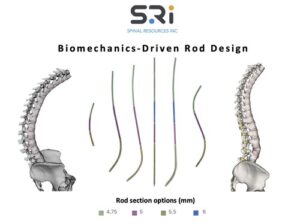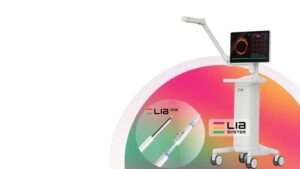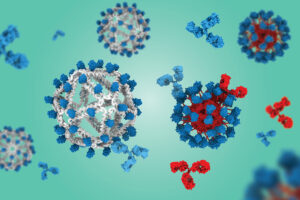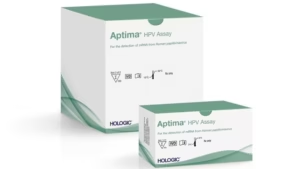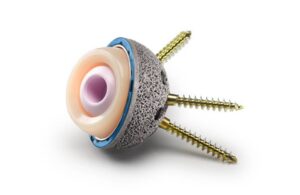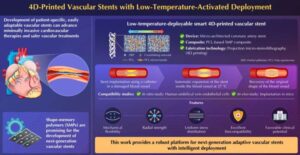
P&F Secures EU MDR CE Certification for TricValve® System
VIENNA, Feb. 5, 2026 /PRNewswire/ — P&F Products and Features GmbH, a global heart valve MedTech company focused on transcatheter solutions for structural heart disease, today announced it has received CE Mark certification under the European Union Medical Device Regulation (MDR) 2017/745 for its TricValve® Transcatheter Bicaval Valve System. The certification confirms TricValve’s compliance with the EU’s most stringent medical device regulatory requirements.

